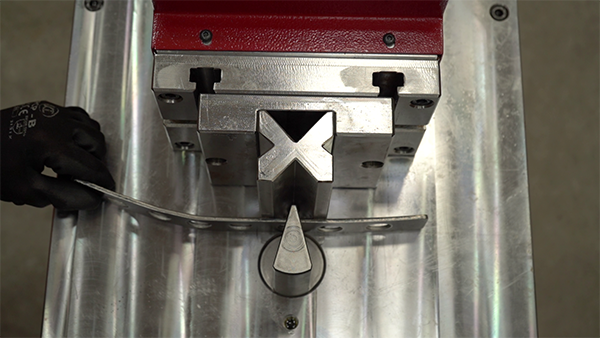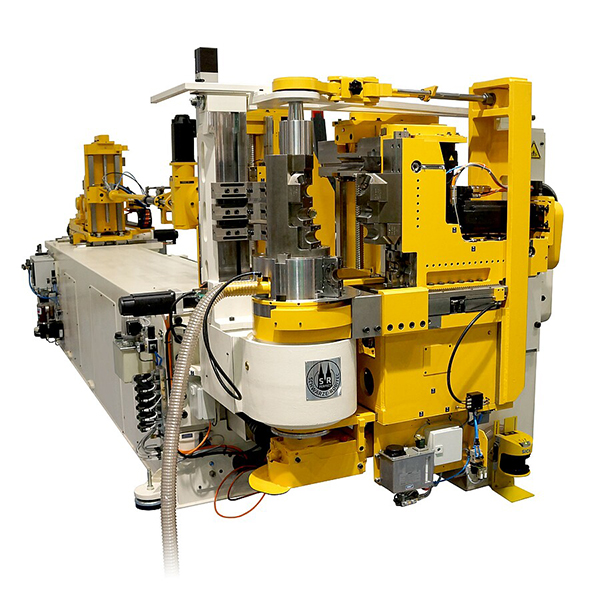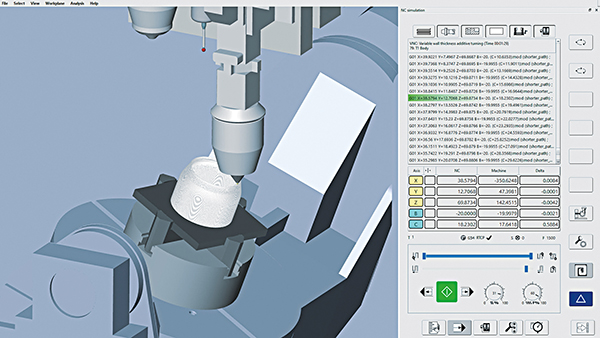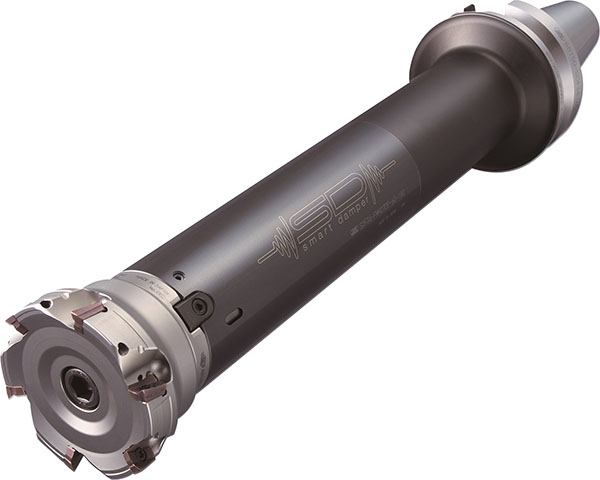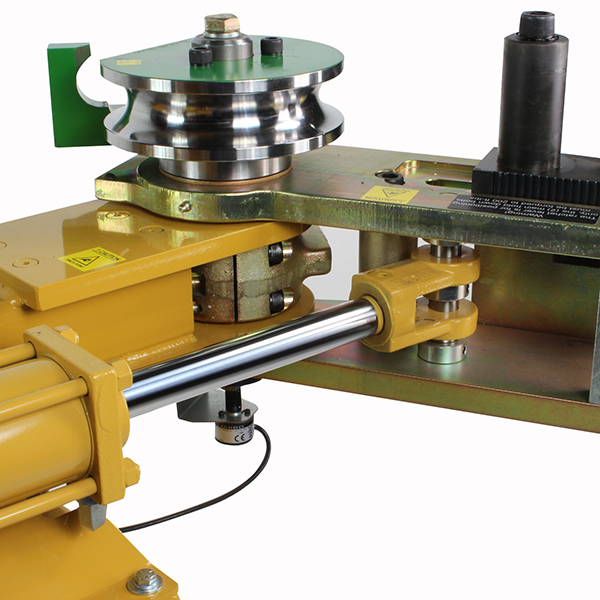
Selmach’s range of Morgan Rushworth horizontal bending press machinery (HBM) comes in a wide range of tonnage, from 10 to 100 tonnes. With their compact size and simple controls, these machines are capable of performing a variety of bending applications. In fact, with specialist tooling they can be adapted to a wide range of tasks.
As the name implies, the first and foremost usage of HBM is for bending and forming brackets and cleats. The standard tooling on the machine allows for a wide variety of angles. Selmach can supply an assortment of different radius punches, Vs and multi-Vs to suit requirements.
Beyond bending and forming, HBM can perform a number of other useful roles. For instance, many times a fabrication shop will need to straighten material, such as when a workpiece bows after punching holes on a steelworker. With the stroke and return set correctly, users can rectify any bowing and get the workpiece back to a usable condition. It is possible to use standard tooling options or a separate bar straightening tool if bowing is a regular occurrence.
Another tooling option available is a pipe bending attachment. While not a substitute for a dedicated tube bending machine, if shops have the occasional need for bending pipe, this attachment could be perfect. It does not use extra floor space that another machine would consume, and is much cheaper.
Given the versatility of these machines, specialist and one-off tooling can be manufactured if a shop has a particular need. Whether it is for forming a complex part, prototyping, or replacing an existing manual process, Selmach may be able to help.
For further information
www.selmach.com






